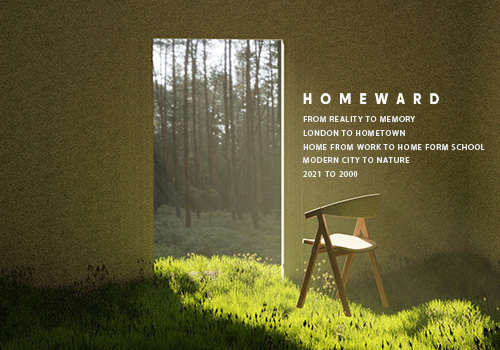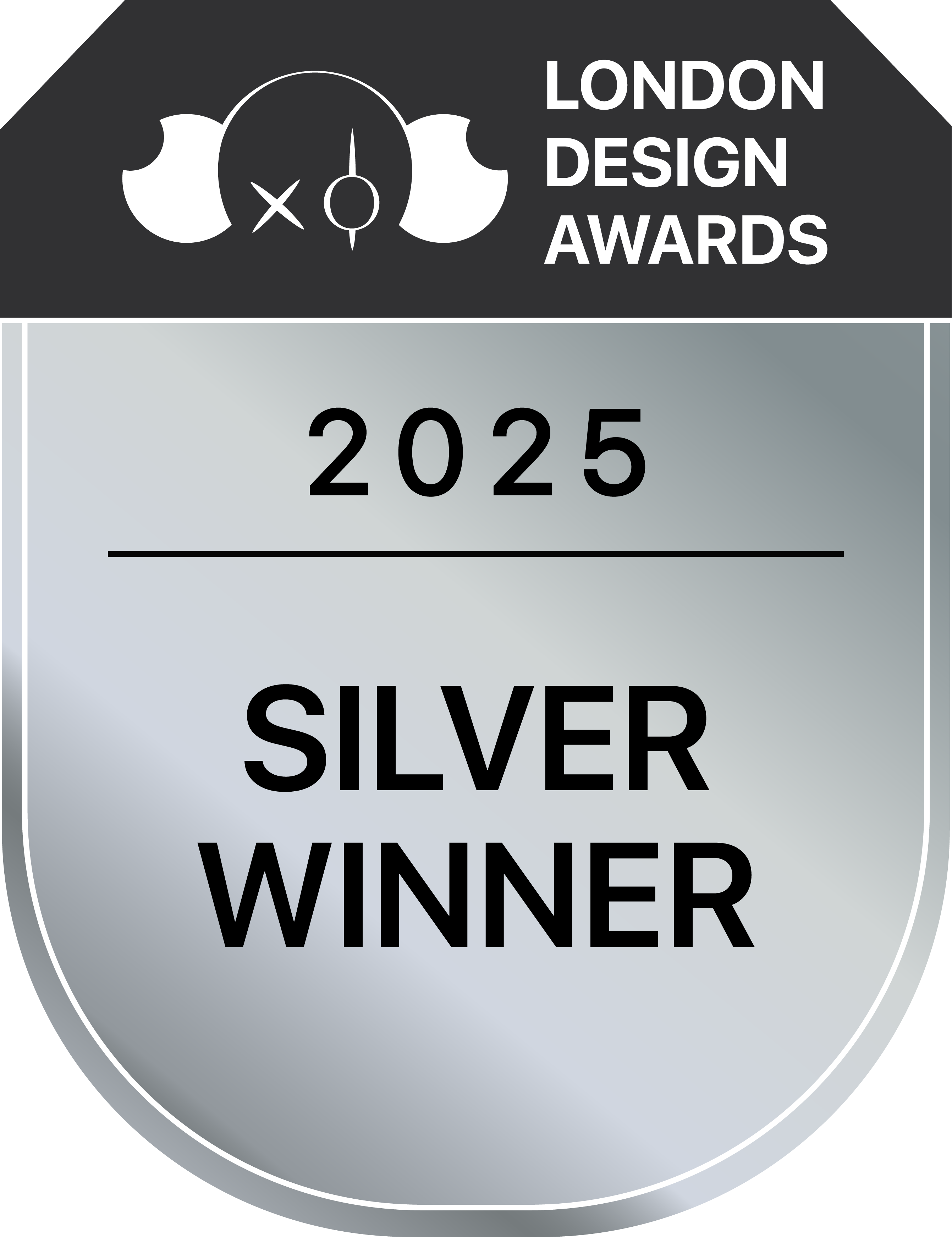
Rochelle Ruixue Liu
1. Congratulations on winning the London Design Awards! Can you introduce yourself and share about what inspired you to pursue design as a career?
Hi! I'm Rochelle Ruixue Liu, and a UX/UI designer with a background in visual communication and interaction design, based in London. What inspired me to pursue design was a desire to make complex things feel intuitive and human. I was always drawn to how design can shape emotions and behaviour without saying a word — it’s like storytelling without a plot. I wanted to be a part of that.
2. What does being recognised in the London Design Awards mean to you?
It’s truly encouraging. As designers, we’re often heads-down in the process, iterating endlessly and questioning every detail. This recognition feels like a quiet but powerful reminder that those efforts resonate beyond the project — it gives me confidence to keep experimenting.
3. How has this achievement impacted your career, team, or agency, and what opportunities has it brought so far?
It has sparked conversations with people I wouldn’t have otherwise met — mentors, collaborators, and creative peers. It’s opened doors for visibility and strengthened my personal narrative as a designer who values empathy, storytelling, and thoughtful systems.
4. What role does experimentation play in your creative process? Can you share an example?
Experimentation is the only way I move forward creatively. I see it as structured play. For this award-winning project, I prototyped a sensory journey that blended sound and visual cues to evoke emotional familiarity in unfamiliar settings — it wasn’t in the brief, but it made the project come alive.
5. What's the most unusual source of inspiration you've ever drawn from for a project?
A laundromat in Tokyo. The repetitive sound and motion, mixed with soft lighting and quiet rituals of strangers, felt like the perfect metaphor for digital calm — it influenced a microinteraction design I was working on.
6. What’s one thing you wish more people understood about the design process?
That good design often comes from restraint. It’s not about adding more — it’s about knowing what to leave out, and being okay with quiet elegance instead of loud visuals.
7. How do you navigate the balance between meeting client expectations and staying true to your ideas?
By deeply listening first. Then I look for alignment between their needs and the user’s emotional truth. I frame my ideas in terms of what it helps them achieve, not just what I believe is “right.” That often turns resistance into curiosity.
8. What were the challenges you faced while working on your award-winning design, and how did you overcome them?
One big challenge was maintaining emotional authenticity in a digital format. I overcame it by anchoring the design in real human memories — conducting story-based user interviews and translating those insights into ambient UI gestures and tonal choices.
9. How do you recharge your creativity when you hit a creative block?
I go analogue — sketch, walk, cook. Or I immerse myself in a completely different art form, like cinema or poetry. Absorbing beauty from a different angle often shifts something in me.
10. What personal values or experiences do you infuse into your designs?
Empathy, patience, and an appreciation for ambiguity. I grew up in a multilingual, multicultural environment — I’ve always been attuned to nuance, silence, and what’s not being said. That definitely shows up in my work.
11. What is an advice that you would you give to aspiring designers aiming for success?
Don’t aim for perfection — aim for honesty. Be open to changing your mind. And don’t underestimate how much your soft skills will shape your design career.
12. If you could collaborate with any designer, past or present, who would it be and why?
Probably Kenya Hara. His work reminds me that simplicity can be profoundly poetic. I’d love to explore how his thinking could be translated into digital and interactive experiences.
13. What's one question you wish people would ask you about your work, and what's your answer?
I wish more people asked: “What feeling did you want to leave behind?” Because that’s what I think about most — not just how it looks or works, but how someone will feel after engaging with it.

